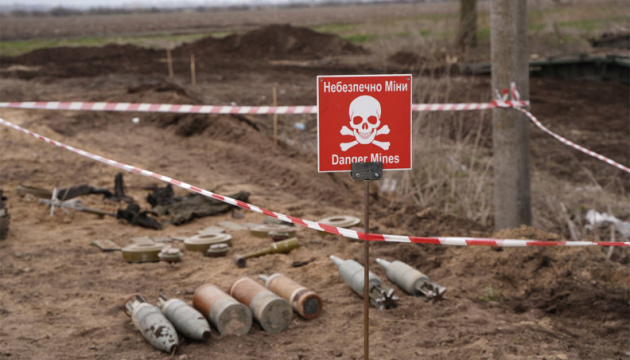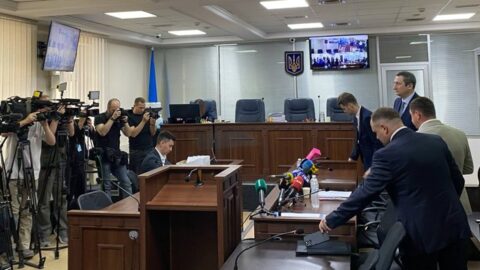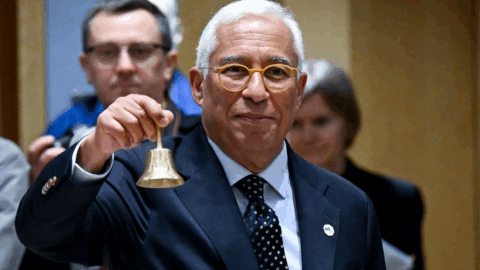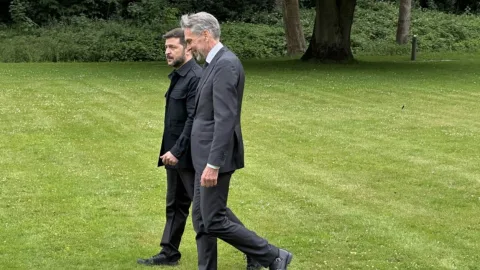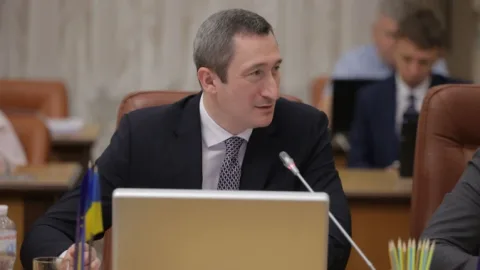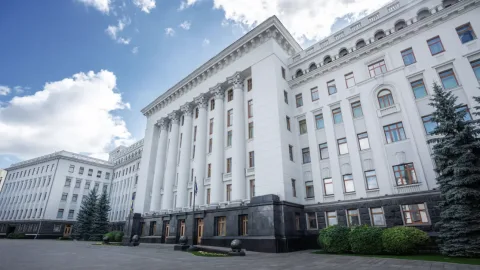President Volodymyr Zelenskyy signed a decree implementing the June 29, 2025 decision of Ukraine’s National Security and Defense Council to withdraw from the Ottawa Anti-Personnel Landmines Convention – the 1997 treaty banning anti‑personnel mines.
The official statement of the Ministry of Foreign Affairs reveals that in 2005, Ukraine ratified the Convention on the Prohibition of the Use, Stockpiling, Production and Transfer of Anti-Personnel Mines and Their Destruction, commonly known as the Ottawa Convention, and since then has faithfully fulfilled its obligations.
At the same time, the Russian Federation, not being a party to the Ottawa Convention, launched an armed aggression against Ukraine and, since 2014, has extensively used anti-personnel mines as a method of warfare. Since 2022, when Russia began its full-scale invasion of our state, its mass use of such means has created an asymmetric advantage for the aggressor.
In light of the overriding priority to defend our states from brutal Russian aggression, to protect our land from occupation, and our people from horrific Russian atrocities, Ukraine has made the difficult but necessary political decision to stop the implementation of irrelevant obligations under the Ottawa Convention. We are convinced that this step is both necessary and proportionate to the level of threats, as it concerns the survival and preservation of Ukraine as a sovereign, independent, and free state.
Why it matters:
- Russia is not bound by the treaty and is intensively using landmines against Ukrainian civilians and military.
- Western nations (Poland, Lithuania, Latvia, Estonia, Finland) have also either withdrawn or begun the process, citing heightened security threats from Russia.
- Ukraine argues maintaining treaty obligations puts it at an “unequal disadvantage” and restricts its right to self-defense under Article 51 of the UN Charter.
Next steps:
The decree must now be approved by the Verkhovna Rada, Ukraine’s parliament.
After parliamentary approval, Ukraine will formally notify the United Nations and officially exit the treaty, likely after a six-month delay as per treaty norms
The Ottawa Treaty, signed in 1997, aims to eliminate anti‑personnel landmines. It has 165 parties. Notably, Russia, the US, China, India, and Pakistan are not signatories.
Since the full-scale invasion, Russia has extensively deployed landmines – including PMN-series and POM-3 – in occupied regions.
NATO neighbors have similarly withdrawn to restore full defensive capabilities. Finland did so following a June 19 parliamentary vote.
Ukraine’s withdrawal reflects a security-driven policy shift in response to Russia’s noncompliance and ongoing use of mines.
While critics caution about risks to civilians and long-term contamination, Kyiv emphasizes its right to self-defense and territorial integrity.
Formal legislative steps remain—and the international community will closely watch how this aligns with humanitarian law standards.
Tags: Ottawa Anti-Personnel Landmines Convention Ottawa Treaty Russia russia ukraine war Ukraine
